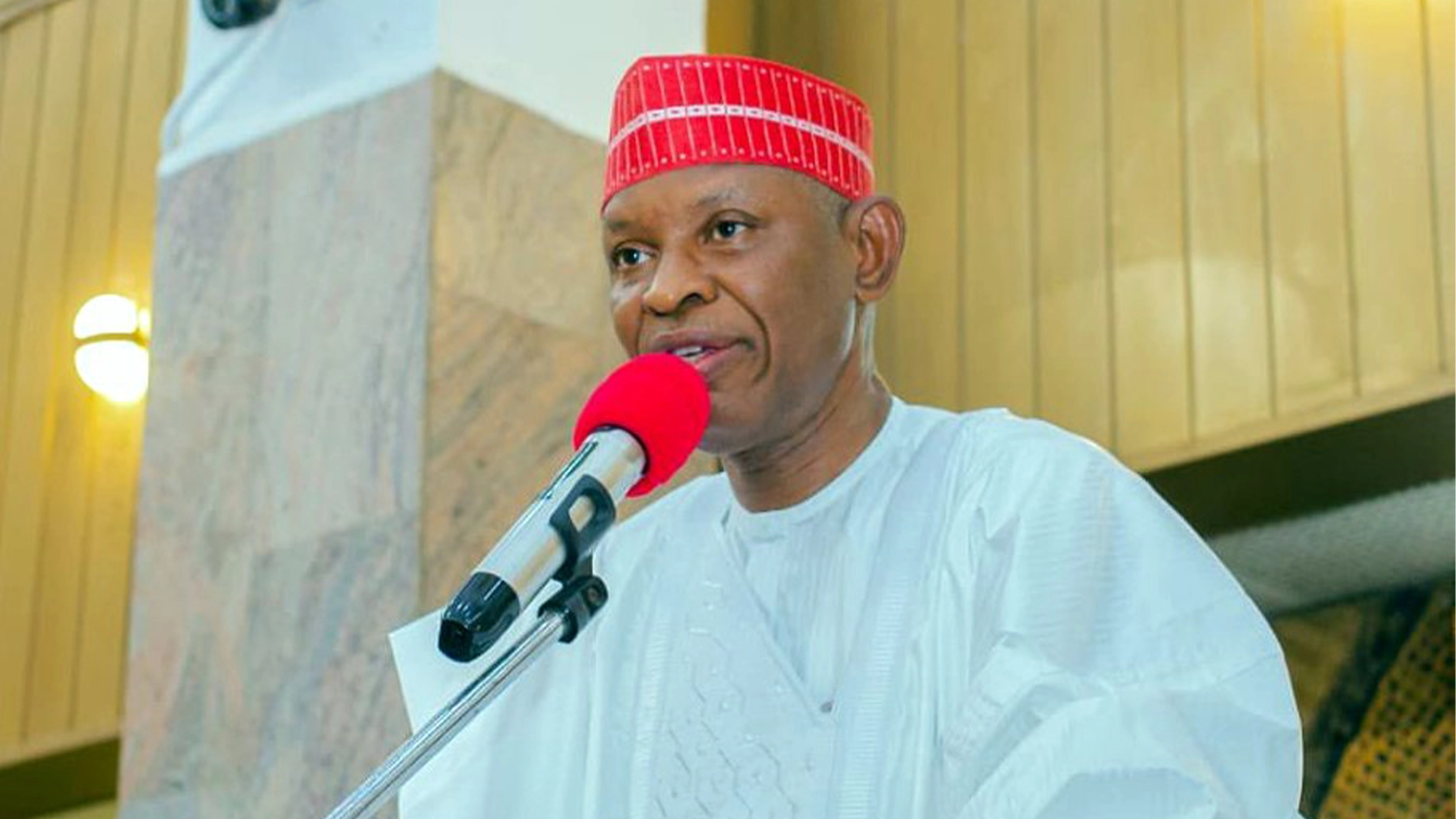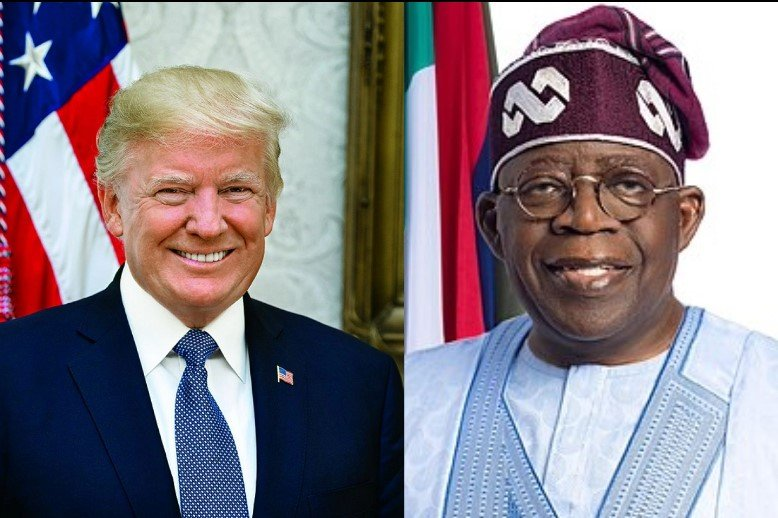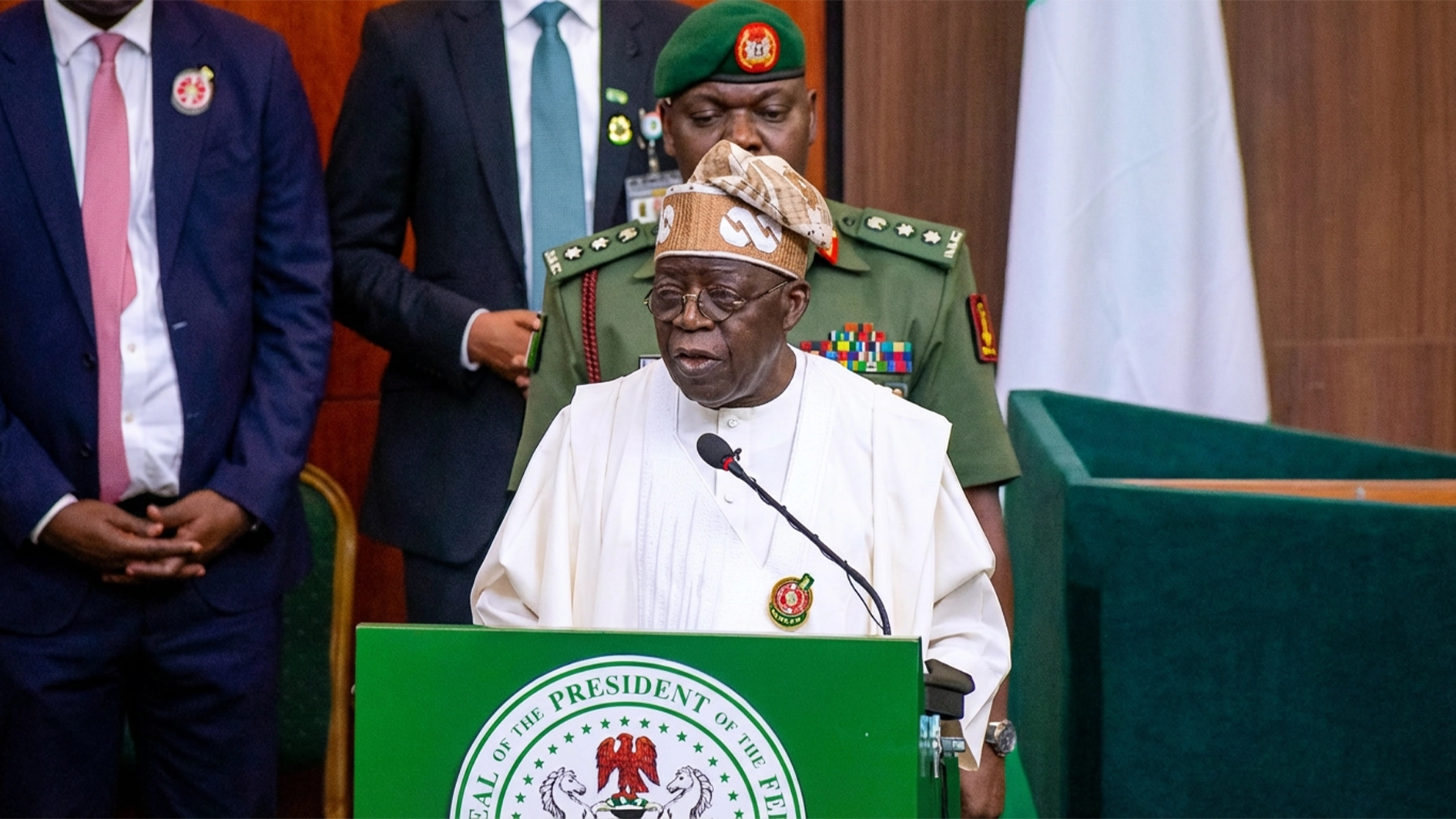Former Ghanaian President, Nana Akufo-Addo, has stated that corruption remains Africa’s biggest governance challenge and a significant threat to development, despite progress in institutional reforms across the continent.
Akufo-Addo states this in a lecture he delivered at Nigeria’s National Defence College (NDC) in Abuja on Monday, as part of activities marking the graduation ceremony for Course 33.
The lecture with the theme, “Strengthening Institutions for Good Governance in Africa”, was attended by the Minister of Defence, Mohammed Badaru, the Chief of Defence Staff (CDS), Gen. Christopher Musa, Chief of Naval Staff, Admiral Emmanuel Ogalla, government officials, members of the diplomatic corps, and defence stakeholders from Nigeria and across Africa.
Akufo-Addo noted that although several African nations had set up anti-corruption agencies, many of these agencies were weakened by political interference, underfunding, and a lack of independence.
He said, “In 2023, more than two-thirds of African countries scored below 50 out of 100 on Transparency International’s Corruption Perceptions Index.
“Yes, we have anti-corruption agencies across the continent, but too often they are deprived of resources or stripped of real autonomy.
“Still, examples from Rwanda and Botswana show how independent, well-resourced bodies can make a real difference,” he said.
The former Ghanaian leader stressed that corruption was not only an ethical issue but a fundamental threat to development, as it eroded public trust, diverted resources, and crippled service delivery.
According to him, the fight against corruption requires a strong political will, effective laws, citizen engagement, and technological innovations that close loopholes in public finance and procurement.
“Technology, from open contracting portals to blockchain, can help strengthen accountability and expose fraud. Citizens must also be empowered as watchdogs in the governance process,” he added.
Akufo-Addo further emphasised that addressing corruption was central to bridging Africa’s governance gap, which is also worsened by insecurity, weak democratic cultures and donor dependence.
He said that strong institutions -judiciaries, legislatures, electoral commissions, civil services and civil society organisations- must be given real independence if Africa is to sustain democratic governance and development.
“The task before us is urgent. Together, let us build institutions worthy of our people’s aspirations and resilient enough to secure Africa’s future,” Akufo-Addo said.






